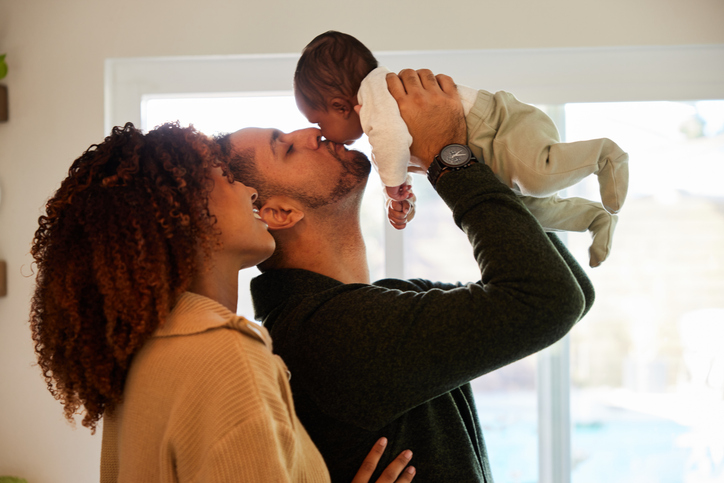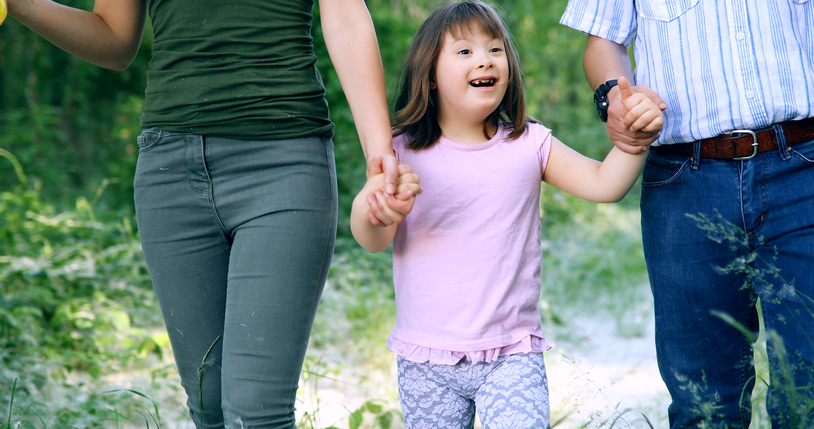The girl I see, staring awkwardly just above and slightly to the left of the camera, is basically a Hollister clad stranger. Some of my most fervent and deeply held beliefs have completely dissipated over the years. From the trivial, like the best Fleetwood Mac album (how had I slept on the pre-Buckingham/Nicks gem Mystery to Me for so long), to drastic shifts in my world view like the importance of impact over intention. Over those ten years, I have changed the way I spend time, eat and shop as well as realising I was wrong about more things than I have space to mention.
The idea of progression has always fascinated me – there are so many examples of ideas that were once radical but now considered mainstream. It is particularly interesting to trace social attitudes over the past few hundred years. At one time, slavery and child labour were accepted in the Western world, but through moral reform they have become unacceptable. Over the course of human history, people have expanded the circle of beings whose interests they are willing to value similarly to their own. A really clear way to show this is in our attitudes towards certain popular figures. A recent poll finds that Americans have very positive views of civil rights activist Martin Luther King Jr.1 In fact, 94% rate him positively on a scale ranging from +5 (very favourable) to −5 (very unfavourable), including 69% giving him a +4 or +5 rating. Gallup asked the same question several times in the 1960s, and the current numbers represent a dramatic shift in the way Americans view King now compared with the past. His prior ratings were at best slightly more positive than negative, and in a 1966 measurement, Americans were nearly twice as likely to have a negative (63%) as positive (33%) opinion of him.
This may at first seem far removed from wealth management and investing, but the investment world certainly does not exist in a vacuum. The fact is, government regulations, consumer attitudes and behaviours all have an impact on markets. Social media has been a game changer in terms of increasing consumer knowledge and engagement. In the past, it was so much easier for powerful figures like Fortune 500 CEOs to control narratives and influence politicians, but sites like Twitter, Reddit and TikTok – though at times a cesspool of misinformation – have made collective action and transparency of information easier. We have seen the Keystone XL Pipeline cancelled recently, and that is largely thanks to the pressure from environmentalists and indigenous people and the outcry from the rest of the world. Rio Tinto experienced widespread condemnation when they blew up sacred aboriginal caves in Australia. Companies simply cannot sweep environmental and social scandals under the rug any longer. Through a combination of public shaming, government regulation and changing consumer behaviour, a company’s share price is impacted by its environment, social and governance profile.
There is a growing feeling that we are at a watershed moment in terms of responsible investing. The naysayers (often those with the most to gain from the status quo remaining intact) call it a fad, but it is hard to ignore evidence that life on the planet simply must change in order for life on the planet to thrive. Such pieces really do remind me of Peter Ferrara’s 2013 article heralding the age of ‘global cooling’, which has since aged like milk.2
Scientists can now link extreme weather to climate change in the same way smoking can be linked to cancer. The sixth report by the UN’s Intergovernmental Panel on Climate Change (IPCC), published last month, makes the strongest case yet that human-caused climate change is to blame for an increase in extreme weather. Already, the world has warmed 2 degrees Fahrenheit (1.1 degrees Celsius) since the industrial age, and extreme weather is one of the most prominent ways that warming manifests itself. This summer has been marred by natural disasters; scenes of Hurricane Ida devasting parts of North America came hot on the heels of extreme flooding in central Europe and drought worsened wildfires across the globe. Rising temperatures also have devastating consequences for health. Around the world, extreme droughts and heat will push millions towards starvation.3 Increased wildfires and rising sea levels will displace entire populations, putting them at higher risk of trauma, food insecurity and infection as disease carrying insects extend their reach.4
One of the most striking things about living through the COVID-19 lockdown was the collective realisation that nature and our local environment have become two of our most prized assets. We saw some dramatic improvements in the global environment including improvements in air pollution. Slowdown of human activity was too short to reverse years of destruction, but we saw a glimpse of a post-fossil fuel world and that has accelerated the already potent regulatory support for the energy transition across the globe. The pandemic also threw a spotlight on the importance of social and governance factors, as companies with more of a long-term focus have proven to be more resilient so far.
When I look at my current picture, I have to take a moment to think about the next ten years and imagine all the things I do not yet know or understand. In terms of where I will be investing, I am very happy to ignore the ESG sceptics and support the private companies facilitating a shift to a more sustainable economy and equitable world. Investors have a position of power – as Chrissie Hynde told us, money talks – and I look forward to ensuring that a company’s environmental and social impact becomes as important as its bottom line.






